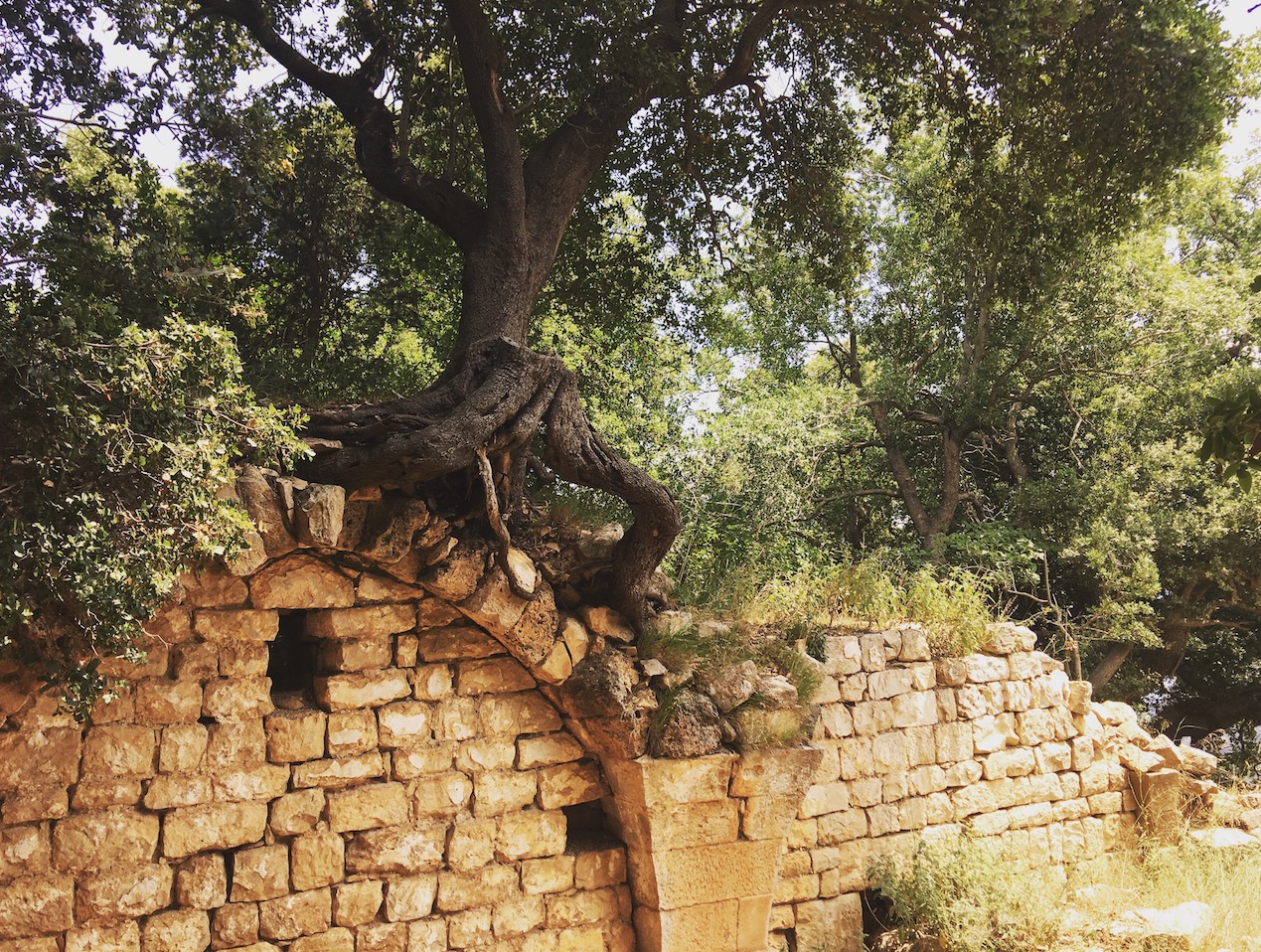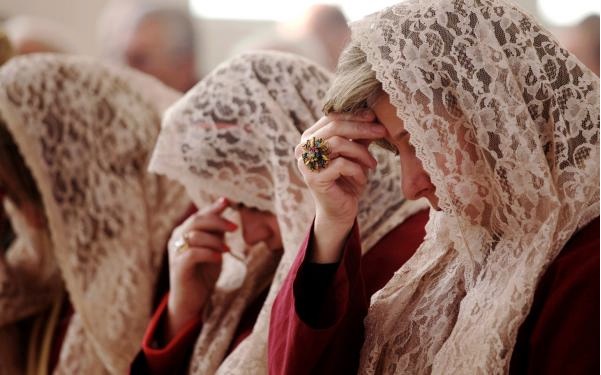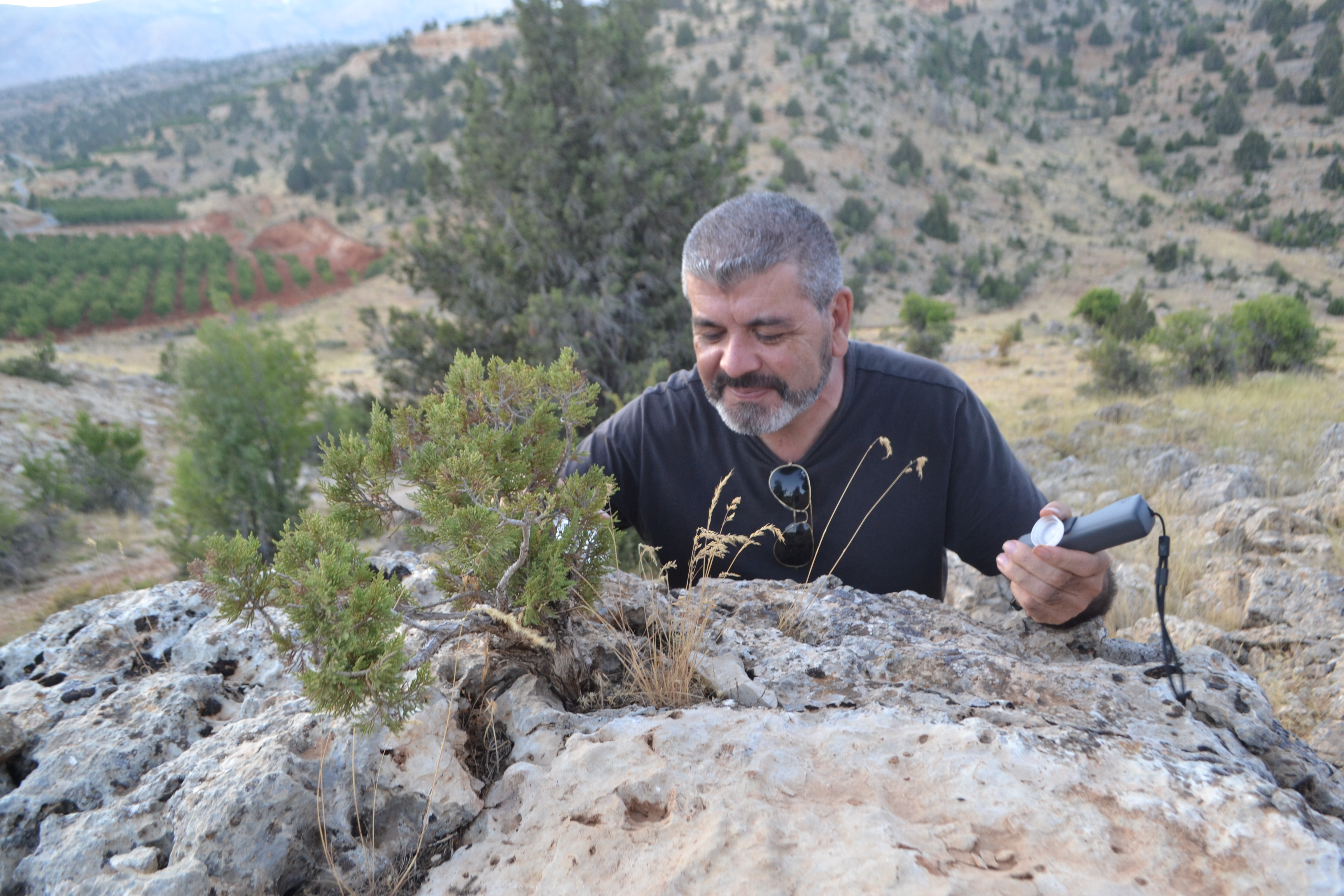
Above the village of Berqa, in the sun-bleached hills of Lebanon's Bekaa Valley, lies a kingdom. The land here is arid and too rocky for farming - but one piece of vegetation has made its mark.
Roadside signs, posted by locals, indicate their reverence for the environment: “You are in the most important juniper forest in the world – be trustworthy.”
On the side of a sloping hill is a clue: a small juniper growing atop a large boulder, finding life a few feet off the ground.
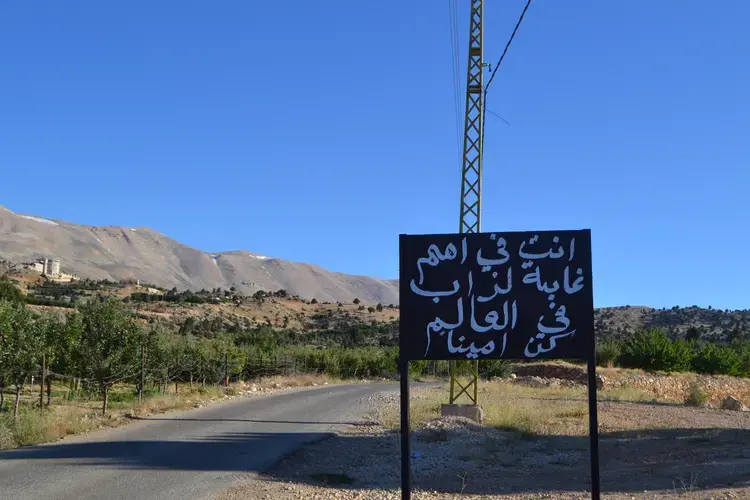
This is the Kingdom of Junipers: Lebanon’s only area dedicated to the growth of the hardy tree. Antoine Geagea, a priest from Berqa, a Maronite Catholic village with a population of two thousand, is one of the programme’s strongest advocates. “The juniper can survive where other trees cannot,” he says. “For this, it is the future of Lebanon.”
He strides towards the solitary plant. “This is why we need to consider this tree holy: there is no water, but look where it grows. This is why this tree is the hope of the Lebanese environment.
“One cannot really be a believer if he doesn’t treat this creature with the love he treats God.”
In the Shadow of Cedars
If there is any plant with which Lebanon is popularly associated then it is the cedar tree (Cedrus libani), the evergreen conifer that adorns its flag and is mentioned in Middle Eastern writings including the Tanakh, the Bible and Gilgamesh.
But the juniper is also a presence, covering the country’s mountain slopes with its hardy trunk and spiky leaves. It can typically live for between 350 and 700 years, although some have survived for more than a millennium.
Yet its success is also part of its downfall: The trees outside Berqa are often cut for their wood, while grazing livestock trample and uproot vulnerable seedlings.

Geagea and Berqa's residents regard the juniper as sacred and an important part of the village's history and future.
This connection with the land was not always evident: During the 15-year Lebanese civil war (1975-90), many young people moved from Berqa to Beirut, a three-hour drive away. In the process, a generation cut its ties with the countryside. “We were in a period of war. Young people went to Beirut and stopped coming to the village regularly,” says Geagea.
As with many other Lebanese villages, only the elderly remained in Berqa. “People started to live on their own planet during the war," says Geagea. "There started to be a gap, a space.”
Building the Nursery
In 1989, Geagea and other residents of Berqa addressed this disconnect by establishing the Kingdom of Junipers, named after both the forested area around Berqa and the association dedicated to preserving it.
For its first project, the group asked young villagers to interview their elders about the land’s history. “We began to write the story of the hard work of their parents,” says Geagea. In the process, the community began to develop a relationship between the trees, the young people, and their elders.
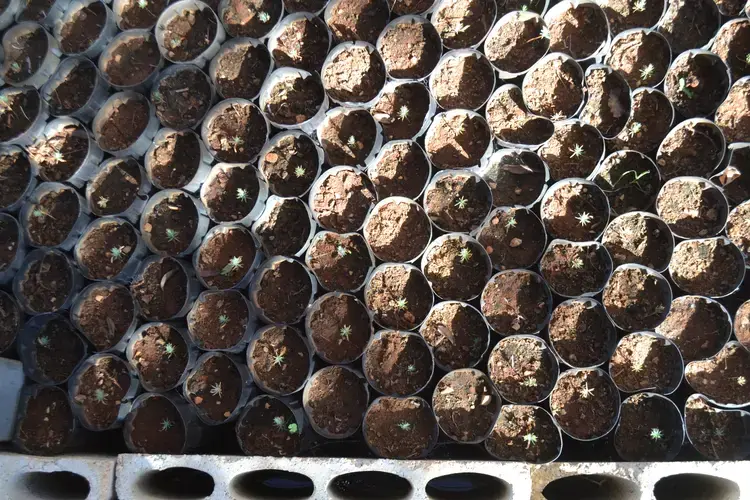
But when Geagea began taking young people camping, he and others began to notice the high number of junipers that had been cut down. “They [people] didn’t see her as alive, as a story and a creature of God, but as a quantity,” says Geagea.
The organisation then tried campaigning to change attitudes towards the juniper, to little effect. Eventually the group began sponsorship programmes to encourage people to pay for a tree, which would be tended by volunteers. Extra funds came from Geagea and other residents.
The programme had its setbacks - Geagea compares it to a mission impossible - because the volunteer workers did not know how to nurse juniper seedlings. “We didn’t know too much scientifically,” says Geagea. Help and guidance eventually came from scientists at the American University of Beirut and Universite Sainte-Joseph to understand the process of growing junipers.
But in 2012 the hard work paid off and the Kingdom of Junipers produced its first tree, celebrated with a party. “Our generation is always in a hurry,” says Geagea “but to do our work, you need a stubborn mind.”
Trees, not Troops
This year, the Kingdom of the Juniper produced 12,000 trees, which will be distributed to other municipalities and associations who have started to ask for junipers to plant.
Geagea also encourages the younger generation to respect nature. Out walking with Ralph, his elementary school grand-nephew, he asks: “Did you say hi to them? They are your friends.”
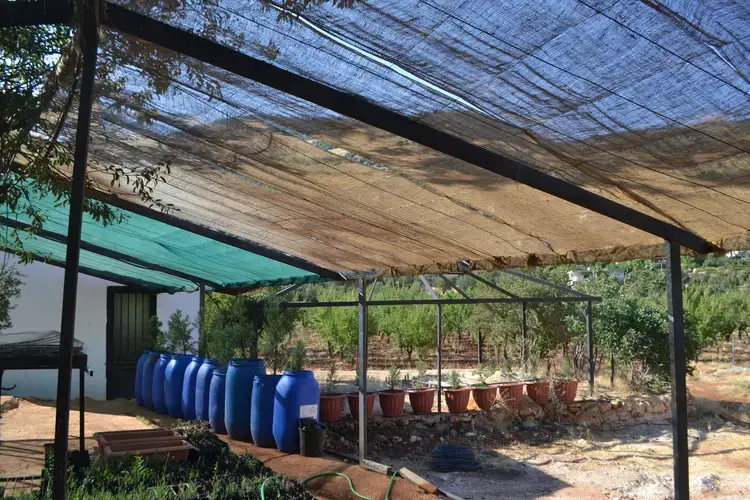
The Kingdom of Junipers is now extending its programme to Arsal, a town located close to the Lebanon-Syria border, where Lebanese security forces fought a five-day battle against fighters from Islamic State and the Al Nusra Front in 2014. “We want to introduce a culture of peace,” says Geagea. “Not fighting for Lebanon, planting for Lebanon.”
The impact of the organisation has now extended beyond its core purpose, helping organic farmers sell their produce - including peaches, apples, jams and labneh, a Levantine yoghurt speciality - at the weekly Souk al-Tayeb market in Beirut.
“To help people to stay here, they have to find a way to sell their products,” Geagea says. “You can’t protect the tree without protecting humanity.”
Clara, Geagea's grand-niece, is currently studying at a culinary institute in Beirut but is keen to help the kingdom expand, also finding new markets for local produce. “I plan to return to Berqa after I graduate," she says.
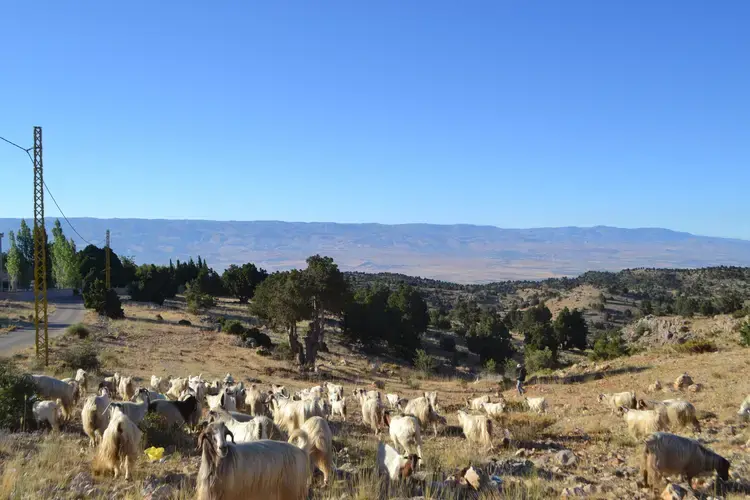
Other plans for the future include Juniper Village, four guesthouses nestled above the juniper forest to foster small-scale tourism, funded by Geagea's family as a trial project.
Geagea says: “There has started to be an awareness among people, to do things in a way that the ecosystem, agriculture, and junipers can benefit, because people will want to protect them more.”
Roots For the Future
Most residents of Berqa come from the same family. But Geagea stresses how the Christian community works with majority Muslim communities nearby to organise planting events and distribute junipers.
“Sometimes, religion becomes a justification for all that is aggressive in ourselves," he says. "But why do you have to be like me, in race, religion, or culture, to love?”
He also uses the trees as example of how to embrace differences, speaking often to his congregation about the symbiotic relationship between the juniper and the barberry shrub, which grow side by side. The barberry trees attract birds, who then eat the juniper cones and release the seeds, allowing them to take root.
“Difference can be a beautiful thing," says Geagea. "It’s how we deal with it.”


